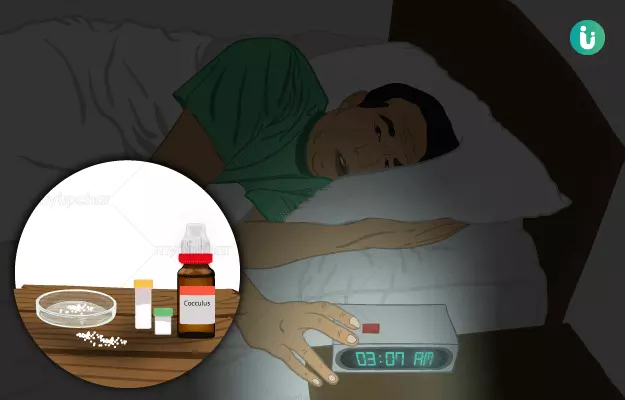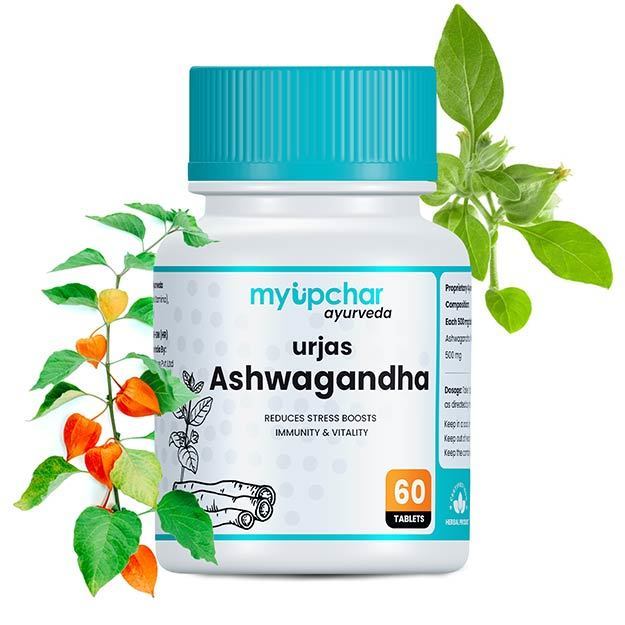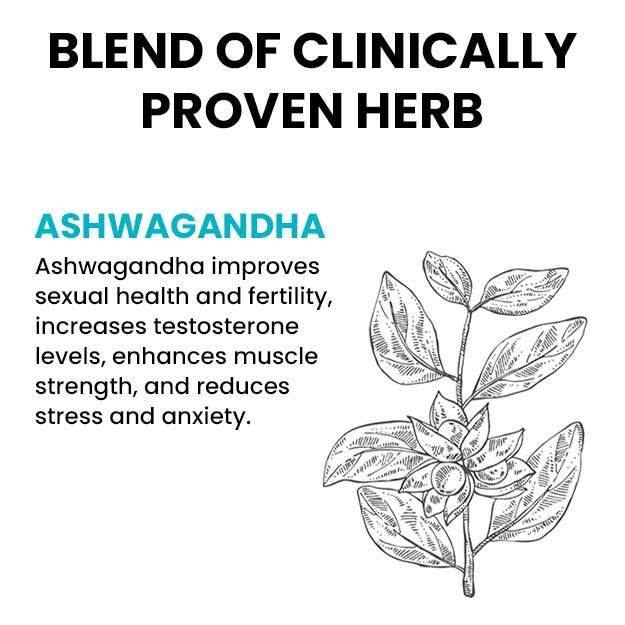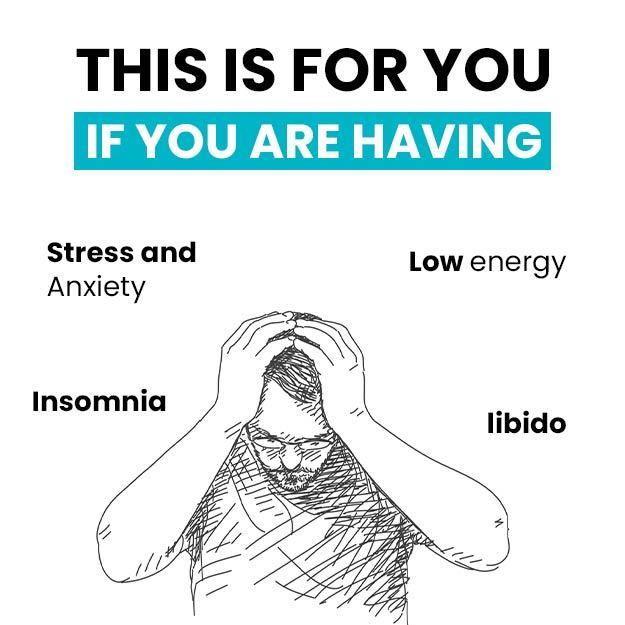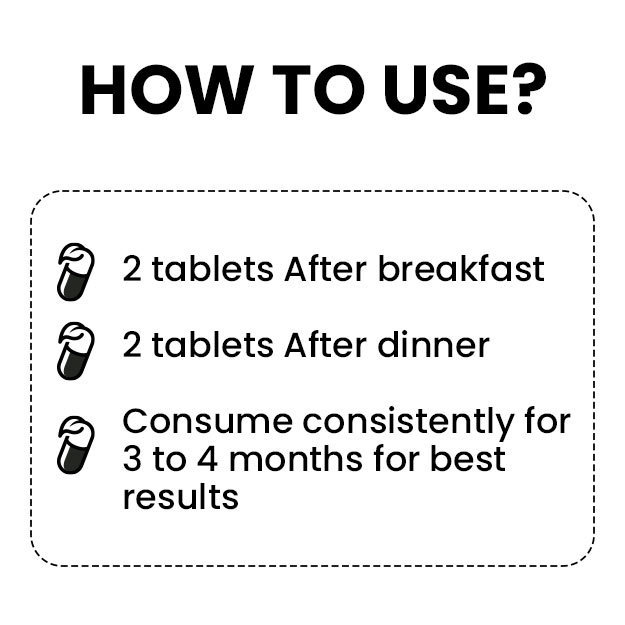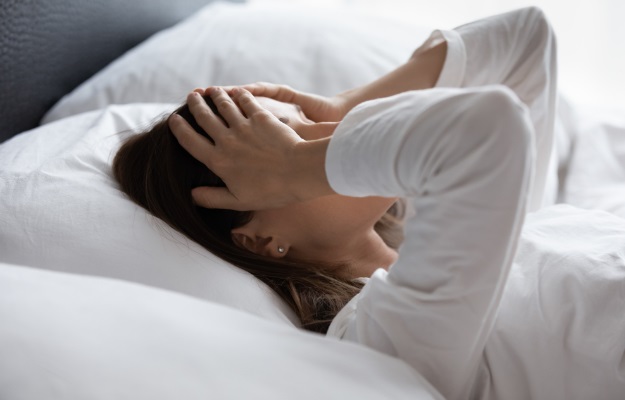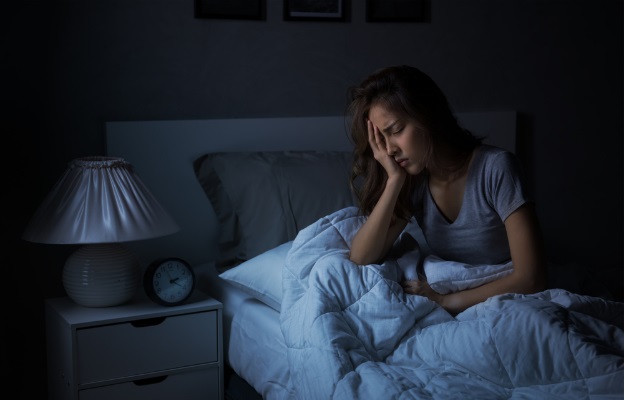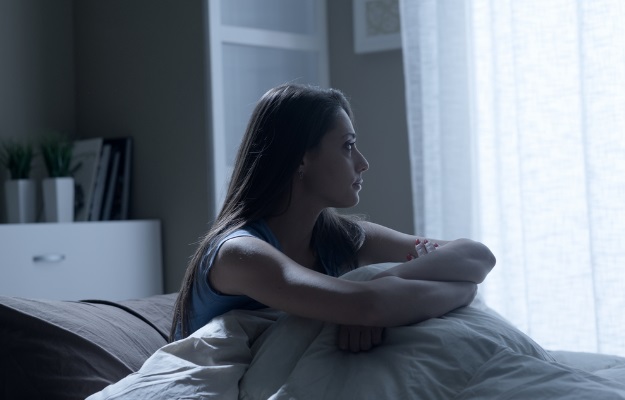Insomnia is a sleep disorder wherein an individual is unable to fall asleep or stay asleep for long. Insomnia can be of two types – primary and secondary. Primary insomnia refers to the actual disorder of sleeplessness which is not associated with any other medical condition. Secondary insomnia, on the other hand, is disturbed sleep or absence of sleep due to the presence of an underlying medical condition. Secondary insomnia could be acute (lasting for less than 6 weeks) or chronic (lasting more than 6 weeks) in nature.
Click on the link given here, to know in detail about insomnia treatment.
While the exact cause of insomnia is not clear, many risk factors have been associated with sleep problems. Stress continues to be the most common cause of primary insomnia. An individual battling mental health issues such as depression, anxiety or other severe mental illnesses may develop secondary insomnia. Secondary insomnia may also be caused due to respiratory diseases, brain disorders such as Alzheimer’s, traumatic brain injury, hormonal issues and as side effects of certain medications. Excessive and regular intake of caffeine, alcohol or tobacco; occurrence of a traumatic event; noise disturbances; and pregnancy are some other factors that may induce insomnia.
The common symptoms of insomnia include sleeping only for short periods of time, waking up too early and abruptly, inability to fall asleep despite tiredness, feeling as if one has not slept at all, and headache on waking up.
Insomnia is usually diagnosed by inquiring about the symptoms and sleep habits. The individual may be asked to note his/her hours of sleep per day. This may involve keeping a sleep journal as well. In some cases, a doctor may do a polysomnogram test to monitor body functions during resting and sleeping.
The homeopathic approach for the treatment of insomnia involves linking the mental health with general symptoms to understand the root cause of the condition and then administering a natural treatment to alleviate it gradually and effectively. Remedies such as nux vomica, silicea and coffea cruda are widely used for treating insomnia.
(Read More - Sleep Disorders treatment)

